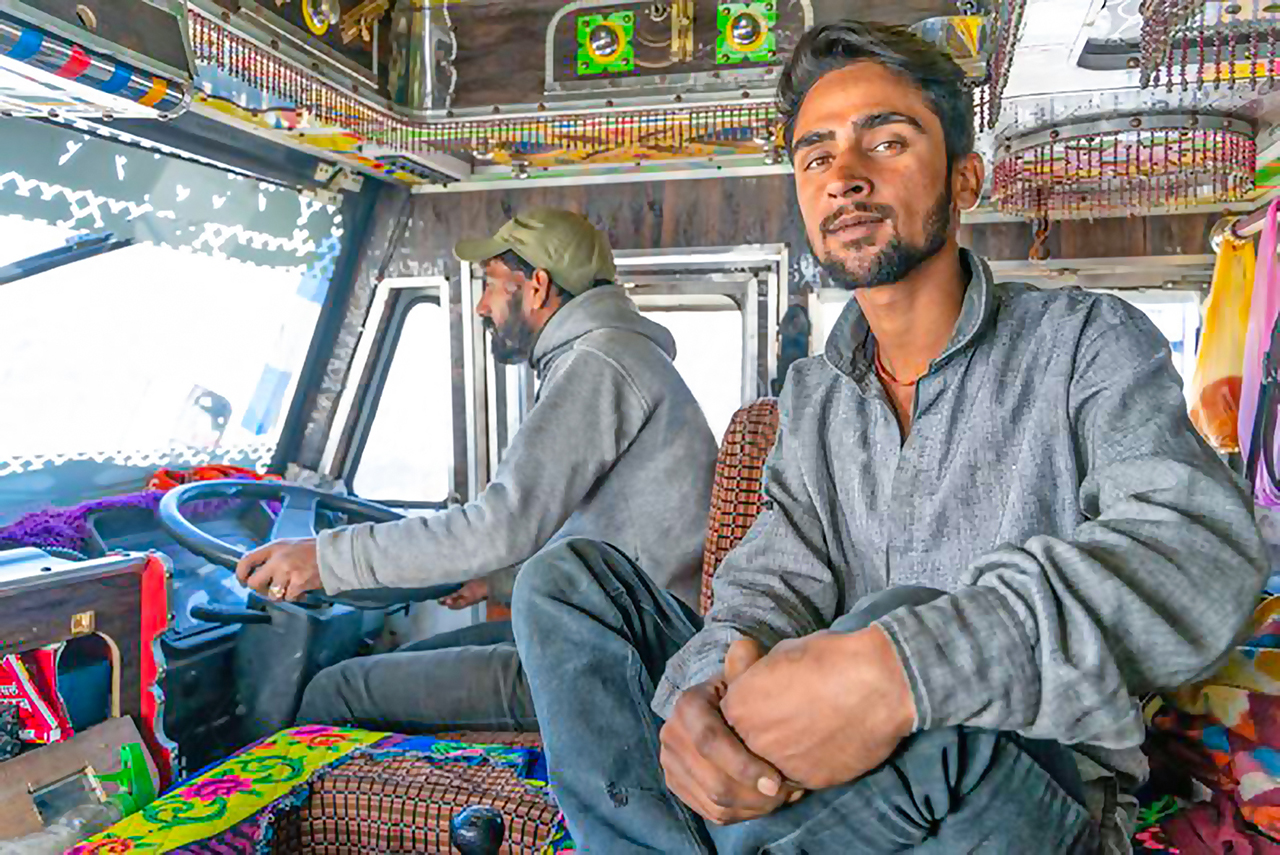
The plight of the truck drivers is horrible with stretched working hours, lack of social and monetary benefits, absence of facilities with regards to food or hygiene and long periods of distancing from their families. Given this scenario, Raghuram Sharma opines that there is an urgent need to correct the situation with enforcement of right measures
We often take for granted those unsung heroes of the supply chain that make transportation possible. The vital link of the chain, the truck driver, is often an oblivious entity. The long lists of goods that are carried by road transport include daily need items to industrial goods. Imagine the pivotal role played by the truck drivers in everybody’s life directly or indirectly. For that matter, we cannot fathom even a simple cup of tea without their involvement. Truck drivers form the backbone of the road transport industry of any country and yet are the most neglected segment of the employees.
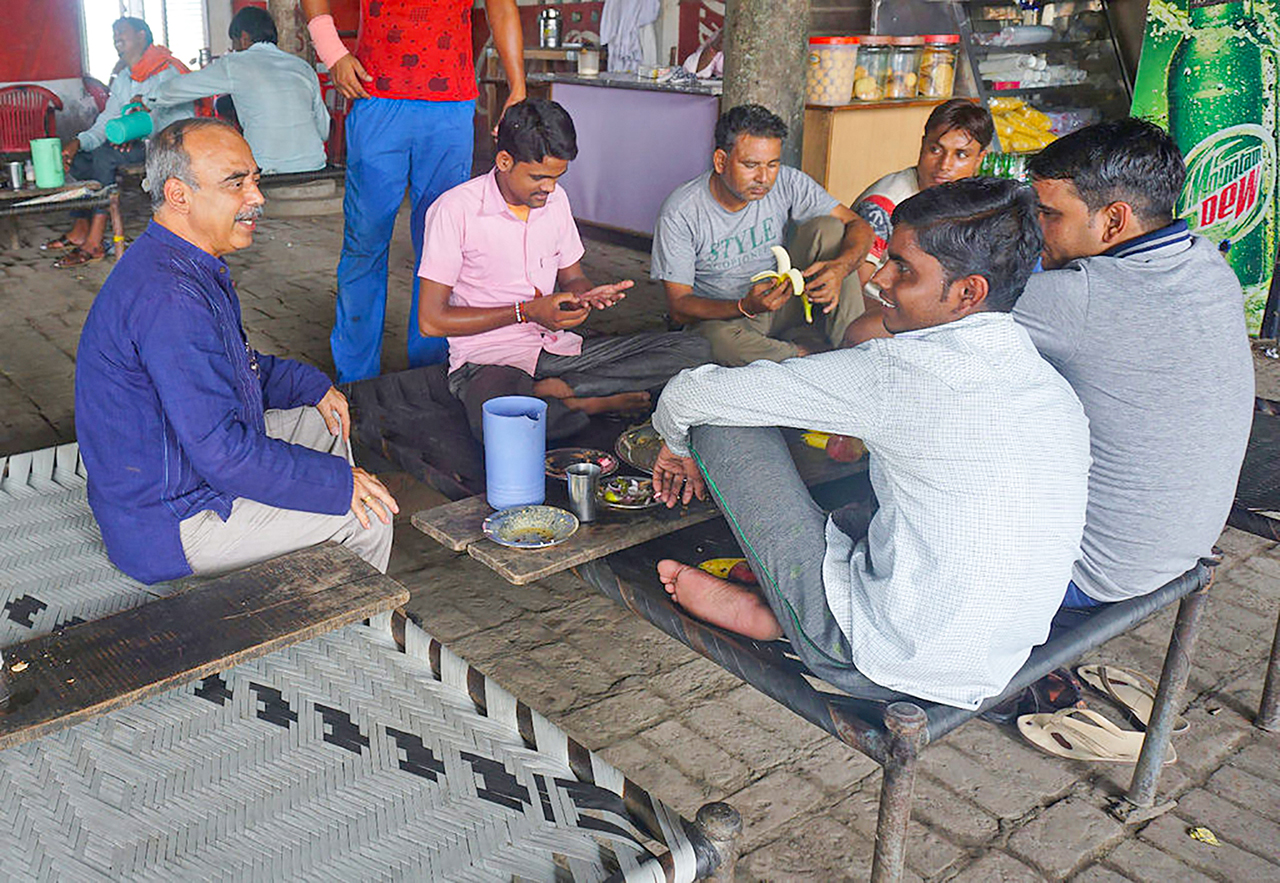
There are studies galore not only in India but globally on the subject, but somehow it intrigues one to think why the truck drivers are stuck in a quicksand about their unchanged plight over a long period of time! Four decades back the truck to truck-driver ratio in the country stood at 1.3 drivers per truck. A surplus of 30 per cent! The easy employment opportunities for the uneducated to get initiation as a truck driver set the influx. As a result, the concept of education was superfluous. Unlike the other professions like pilots, train drivers and not to forget engineers and doctors, this profession invariably started losing value over a period of time and was not given the respect it deserves.
The resultant effect was an unfair wage structure. Plus, the hardships of the profession were not easy to ignore. Majority of the Indian truck drivers, especially the senior lot, are those who have not even stepped into any educational institution leave alone a driver training school. When one is getting employment opportunities in the profession of a truck driver without even primary school qualification, the importance of education is totally eroded. Obviously, the low levels of education and lack of skills make it difficult for them to find alternative employment options. Hence, truck driving becomes an obvious choice they can fall upon to earn a livelihood.
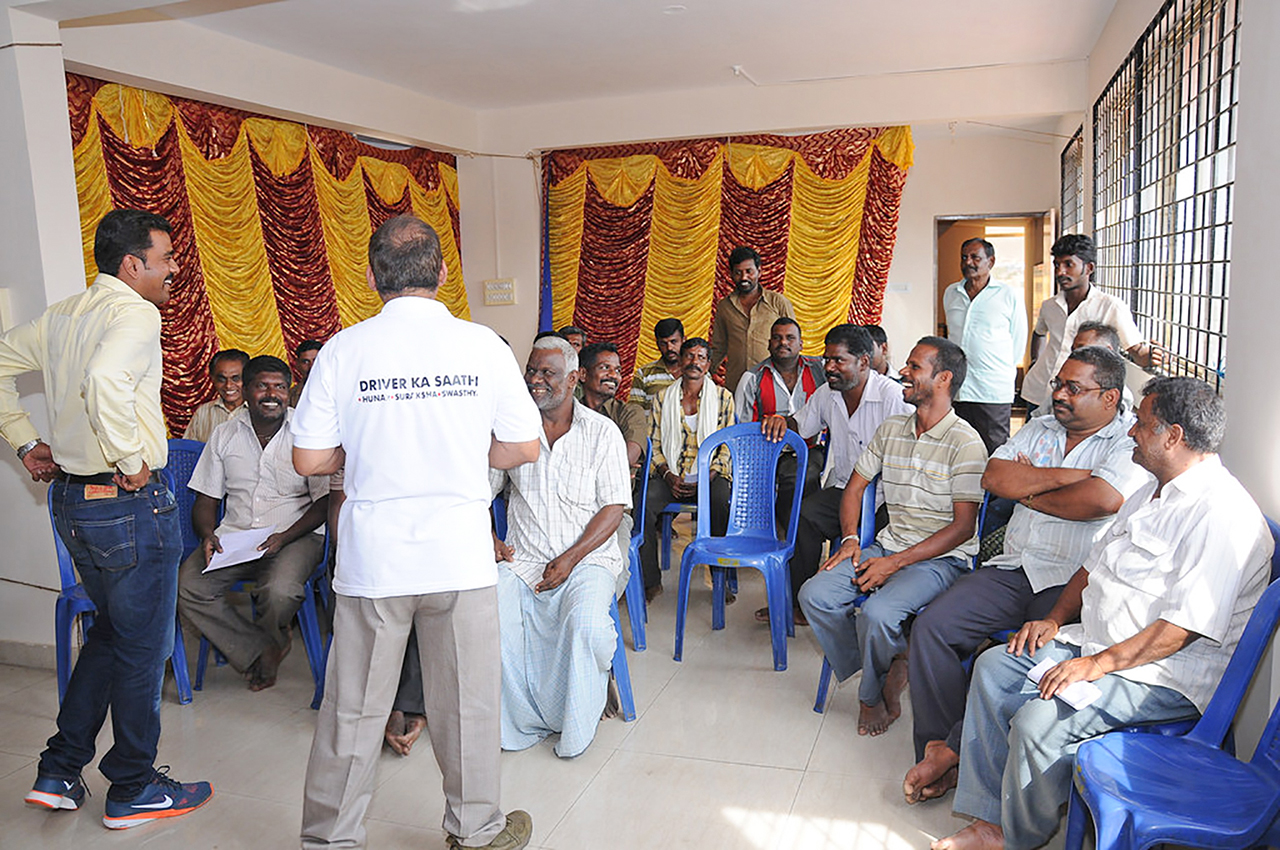
Over a period of time, a majority of truck drivers stuck to their driving profession as a compulsion, despite lot of dissatisfaction. One need not go too far to see the reasons: unscheduled and long working hours, no fixed salaries, harassment by the highway vultures, high risk of injury and fatality. Another painful aspect of this community is the compulsion to remain on roads for a major part of their life, thus leading a life deprived of a family. Unlike other streams of jobs, truck drivers are not lucky enough to have social security like Provident Fund, pension or gratuity. So much so that medical, health and life insurance facilities are blatantly ignored.
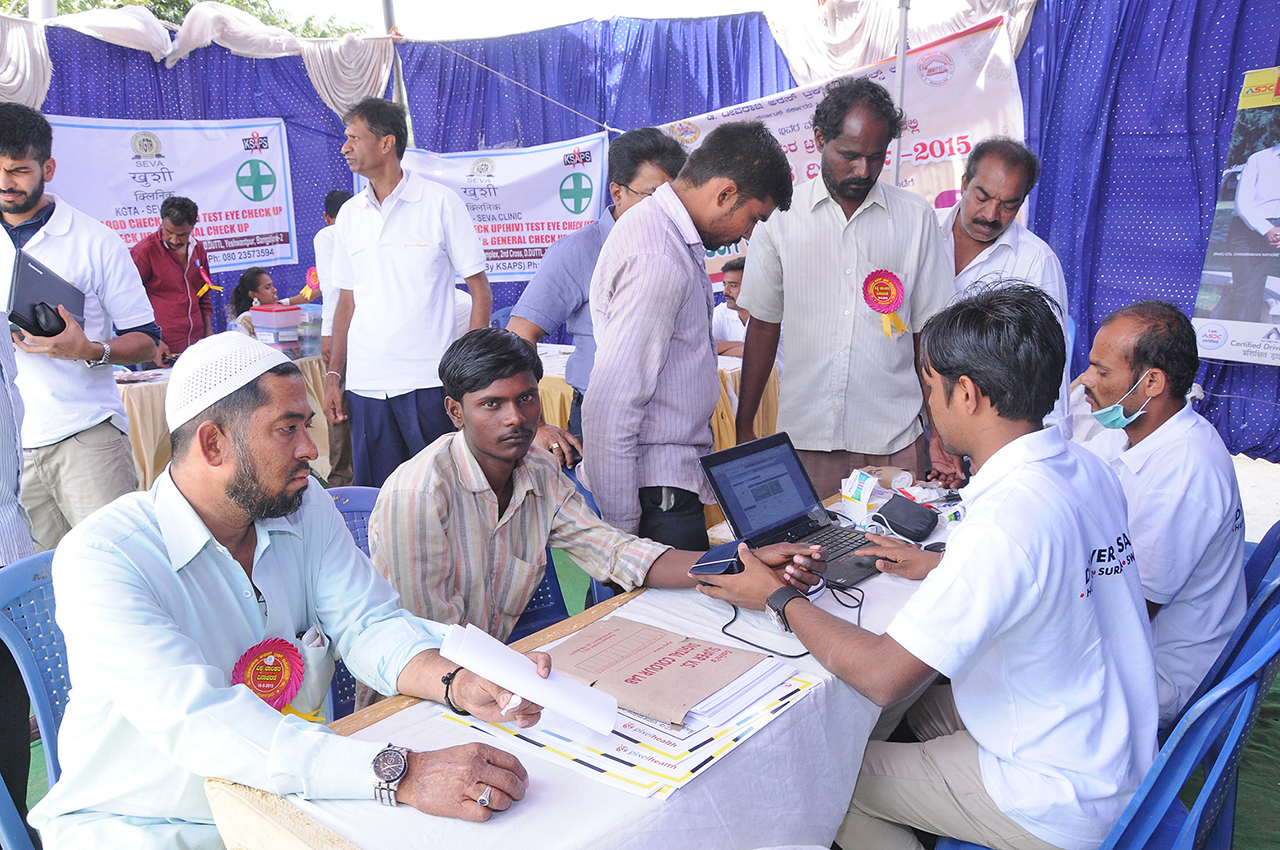
No wonder, hardly any driver would recommend the profession to anyone else, leave alone his own family members. Truck drivers in our country have been relegated to the bottom of society when it comes to respect. The stakeholders of road transport cannot abrogate themselves for being mute spectators of the deteriorating dignity of truck drivers in the work area. Discriminatory behaviour of the bosses in the office and the civic authorities while on the road is not news. Since most drivers are not familiar with reading, writing and arithmetic (the 3Rs), they invariably end in unnecessary skirmishes with the authorities.
An expert truck driver need not be as structured in lifestyle decisions. Since drivers are forced to stay on roads for weeks together away from their families the scenario proves detrimental to their psyche, health, sleep pattern and eating habits. Over the years, a lack of sanitation is accepted as an unavoidable way of life. The conjugal rights of nomadic truck drivers are highly compromised. They seek the services of commercial sex workers along the highway and thus become a victim of poor sexual health practices. Till recently, truckers were considered the ‘bridge population’. It is not a secret that there is a worldwide shortage of truck drivers. India is no exception. We are facing a 25% shortage of heavy vehicle drivers. The industry has to address the imminent problem with a long-term multipronged strategy.
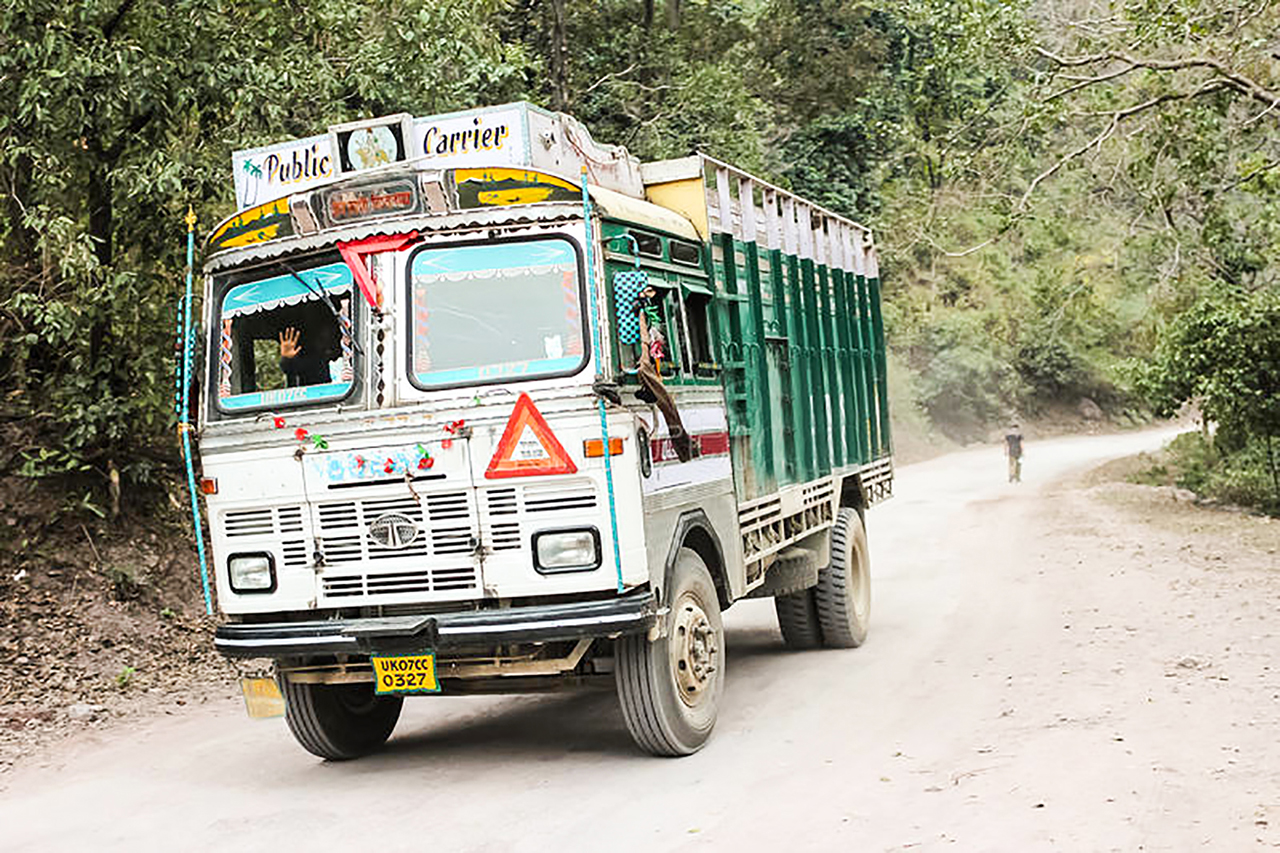
While it is appreciated that transporters across the nation and the government are becoming increasingly aware of the ground realities and have started dealing with these challenges, it is also a sad commentary on the plight of the hapless truck drivers who are still on a never-ending arduous journey. They are an indispensable link of the supply chain system and the nation needs them for its robust economic growth.
—
We do need to seriously consider these suggestions:
• The companies and the fleet owners should conduct regular training sessions for their truck drivers, thus educating them about safe driving practices, road signs and traffic rules apart from communication, etiquettes and manners in dealing with people.
• Medical camps at transport hubs and factory gates should be conducted at regular intervals.
• Companies, the transport ministry and associations should come forward in providing better roadside amenities like pit stops with healthy food, rest places, safe and secure parking and washroom facilities.
• The concerned ministry should ensure a formal remuneration for the highway drivers along with mandatory social benefits like Provident Fund, pension plan, insurance, etc.
• Long working hours are known hazards for health and also make them susceptible to road accidents. Rule book limitations with regard to the number of hours a driver can drive in a given time should be strictly monitored and adhered to. There should be an independent regulatory authority as in the aviation sector to monitor and take punitive action against such lapses.
• To bring some semblance with other professions, truck driving schools must be encouraged with private participation where new drivers can be well-trained in all aspects of their profession.
• A systematic drive, starting from top to bottom, must be enforced to eliminate the prevailing rampant corruption in the road transport sector.
• The entire process of documentation should be made online pan-India.
• Highway robbery and theft of goods, extortions by local anti-social groups could be controlled with highway patrolling on a regular basis.